Market Analysis
In-depth Analysis of Air Charter Services Market Industry Landscape
Several variables affect the development, demand, and competition of the Air Charter Services market. Economic factors, shifting travel habits, technical advances, regulatory frameworks, industry consolidation, and global events all affect air charter services.
Economic aspects boost Air Charter Services market dynamics. Business cycles, economic growth, and business activity affect charter flight demand. Charter service demand rises during economic booms as corporations travel for meetings, site visits, and client engagements. Conversely, economic downturns may diminish business travel spending, decreasing charter flight demand. Fuel costs, currency rates, and business confidence affect charter service affordability and accessibility.
Air Charter Services market dynamics are affected by changing travel choices and customer behavior. Travelers want more customized, flexible, and efficient experiences. On-demand travel, personalized itineraries, direct routes, and avoiding commercial airline hassles like lengthy layovers and congested airports make charter flights appealing. This trend attracts high-net-worth people, business travelers, leisure seekers, and groups seeking tailored and private travel experiences.
Technological advances affect Air Charter Services market dynamics. Customers may book charter flights more easily using digital platforms and online booking systems. Charter operators rely on technology for fleet management, flight scheduling, and efficiency. Modern aircraft, such as fuel-efficient and long-range ones, increase charter company services and operations.
Regulatory frameworks and compliance requirements greatly affect Air Charter Services market dynamics. Aviation authorities' laws, safety standards, and certification criteria affect charter service companies' operations and market access. Safety practices and regulatory requirements must be followed to retain industry reputation and consumer confidence.
Air Charter Services market dynamics are also affected by industry consolidation and competition. Market consolidation from charter service provider mergers, acquisitions, and alliances changes the competitive environment. Consolidation by established businesses increases market dynamics and competitiveness by leveraging economies of scale, increased networks, and improved services.
International events and geopolitics affect the Air Charter Services market. Pandemics, geopolitical tensions, natural catastrophes, and economic crises may interrupt travel patterns and charter service demand. Charter service providers must be flexible since geopolitical developments, travel limitations, and safety concerns may change flight routes and market demand.
Additionally, environmental sustainability is rapidly influencing Air Charter Services market dynamics. Aviation is focusing on carbon reduction and environmental effect. Charter service companies are considering carbon offset schemes, sustainable aviation fuels, and newer, more fuel-efficient aircraft to address environmental concerns and serve eco-conscious tourists.
Economic fluctuations, changing travel preferences, technological advances, regulatory compliance, industry consolidation, global events, geopolitical shifts, and environmental sustainability initiatives affect the Air Charter Services market. Charter service providers must navigate these dynamic pressures and adapt to shifting consumer expectations and industry trends to stay competitive, satisfy client wants, and thrive in the dynamic aviation sector.


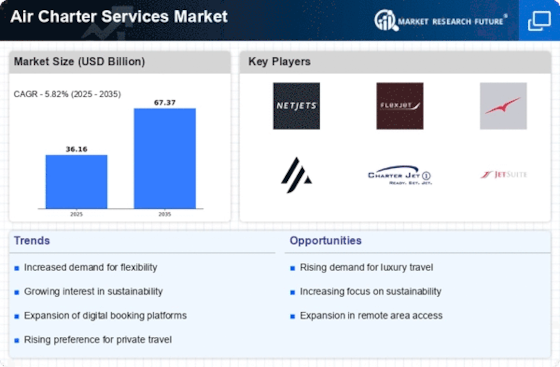

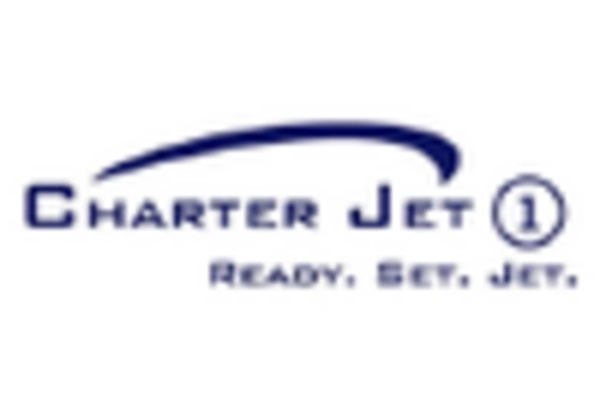
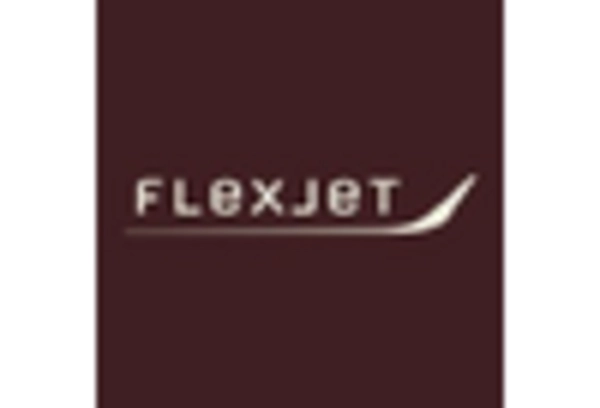
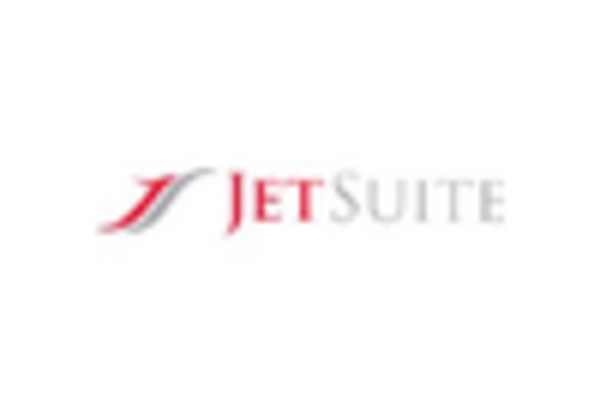
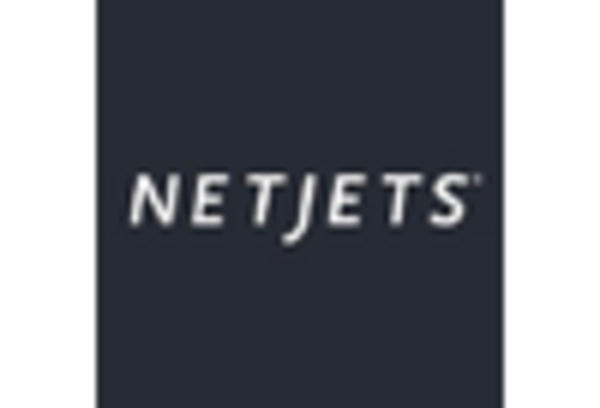
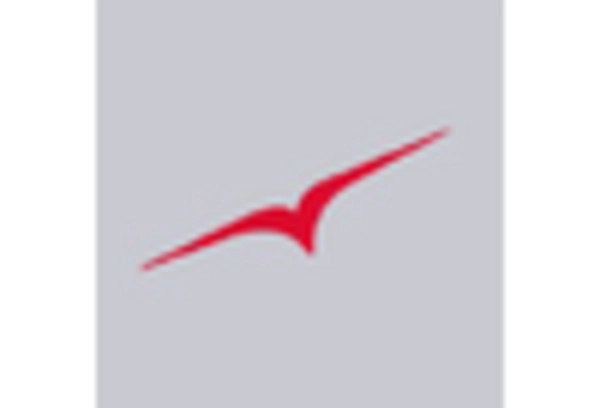









Leave a Comment